Though often invisible, the women of Africa’s independence movements left a profound mark on the continent’s liberation history. Warriors, organizers, strategists, and cultural guardians, they fought for their nations’ independence while carrying the torch of a free Africa.
Nofi pays tribute to these unsung heroines, highlighting the indelible imprint they left on collective memory.
Warriors in the shadows, legacies in light
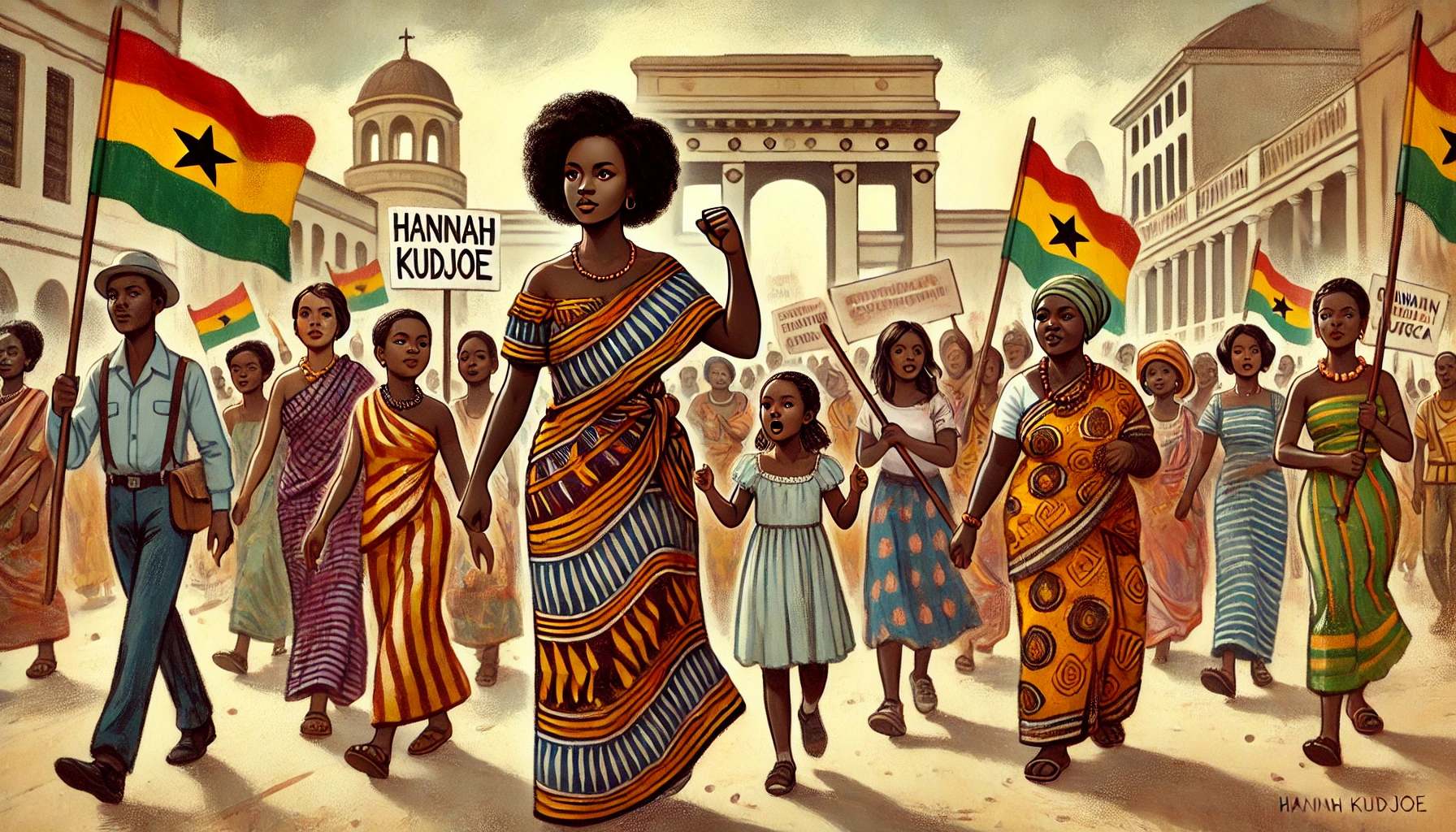
Independence struggles often found their foundation in gatherings of women determined to confront colonial rule. Hannah Kudjoe, for instance, became an emblematic figure of this resistance in West Africa. Alongside Kwame Nkrumah, a key figure in Pan-Africanism, she mobilized Ghanaian independence efforts by first rallying mothers and daughters, then the entire society. For them, their fight was more than just political activism; it was a tribute to their ancestors, a vow to maintain continuity with past generations.
By channeling the courage and resilience of a people, these women forged an invisible chain linking lands, languages, and spirits once divided by colonization. The Pan-African women activists provided a moral foundation for the African struggle, with their work embodying not only the goal of ending colonial oppression but also the desire for political and cultural self-determination across Africa.
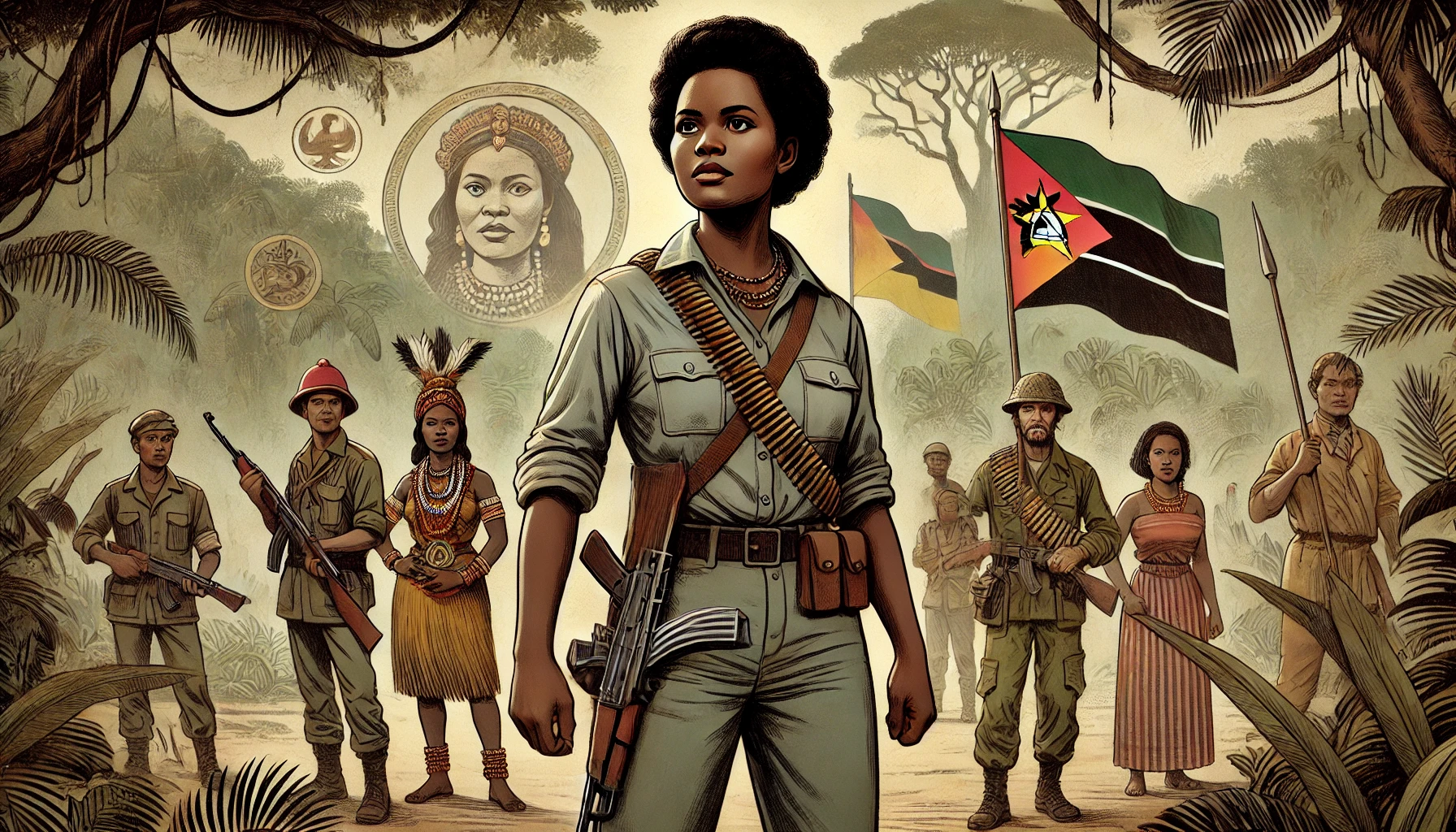
In Algeria’s mountains and Mozambique’s thick forests, women rose up, wielding either firearms or an unshakable conviction. Josina Machel in Mozambique epitomized this relentless force, willing to defend her land and dignity at all costs. An active member of FRELIMO (Front for the Liberation of Mozambique), she personified female courage against not only colonial troops but sometimes also against male allies hesitant to fully acknowledge women’s roles.
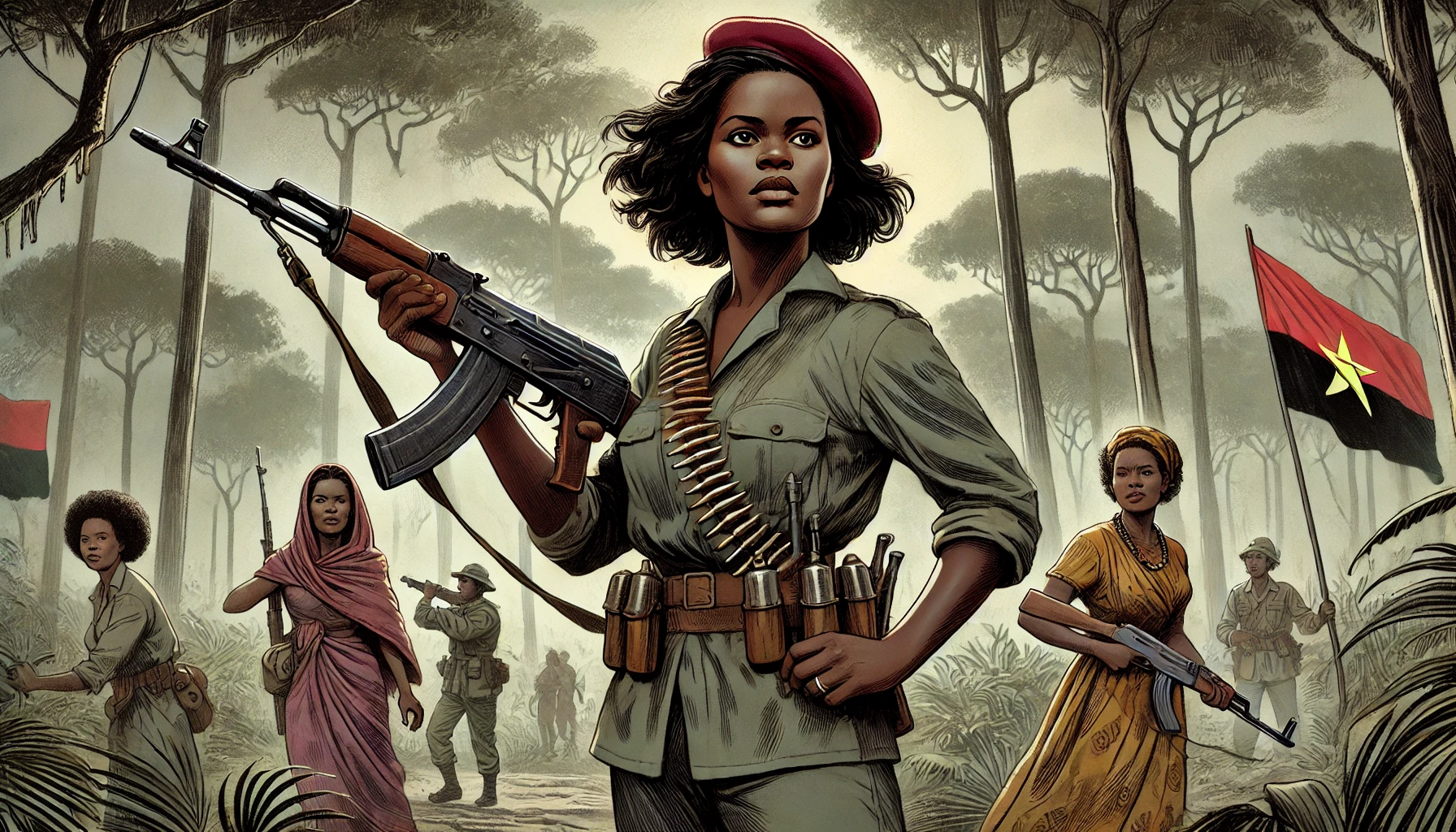
In Angola, Deolinda Rodrigues was a steadfast figure, pushing her comrades to persevere even when hope seemed dim. These women, captured and tortured, refused to yield. Their resistance became a symbol and model for future generations.
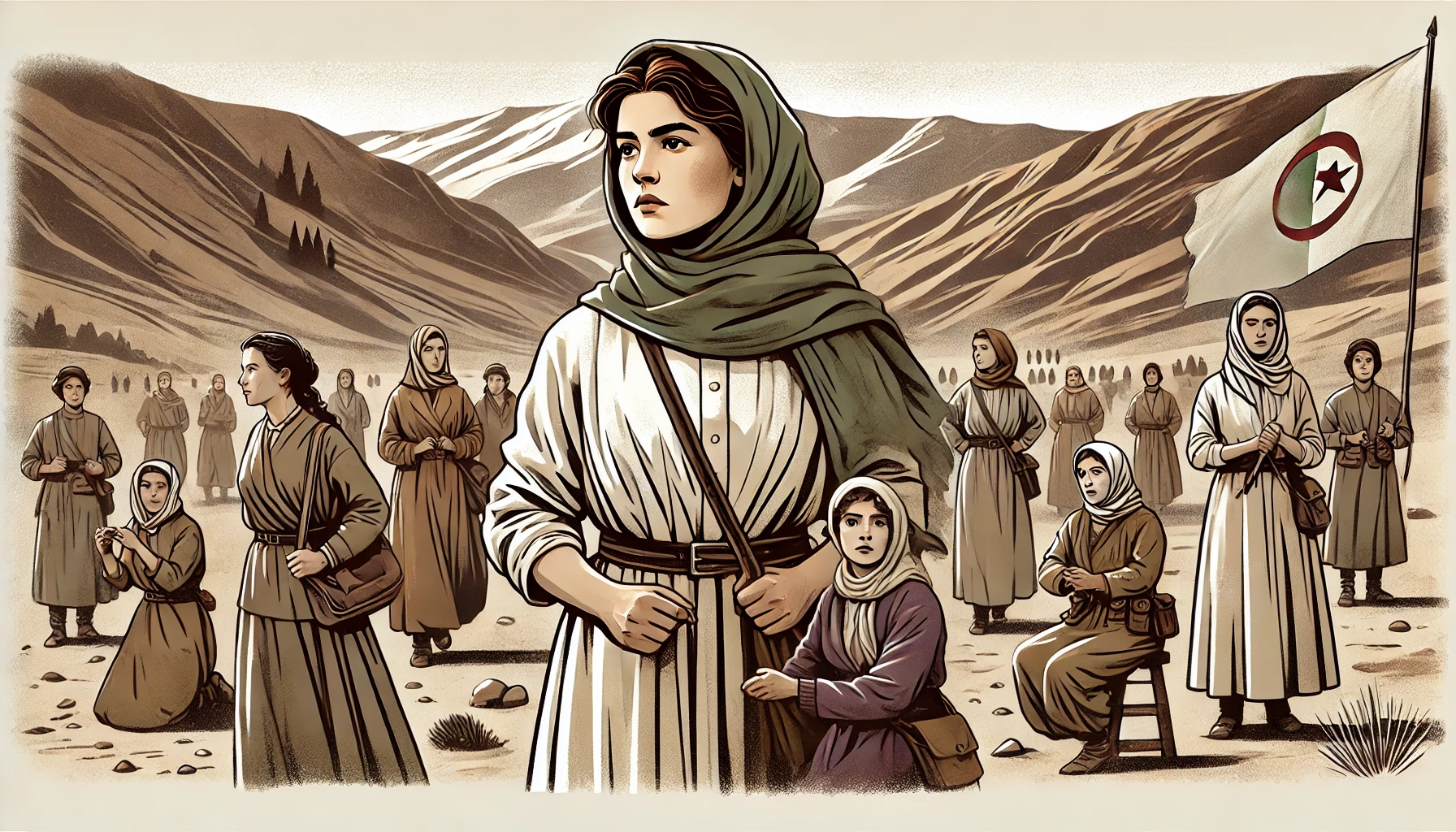
In Algeria, the National Liberation Front (FLN) also included numerous women activists, such as Djamila Bouhired, whose resilience during brutal interrogations became legendary. She symbolized the women’s ability to turn suffering into a weapon of resistance, reminding their oppressors that each act of violence only strengthened their resolve. The Algerian War was a fierce battleground, but it also exposed the contradictions and limits of colonialism.
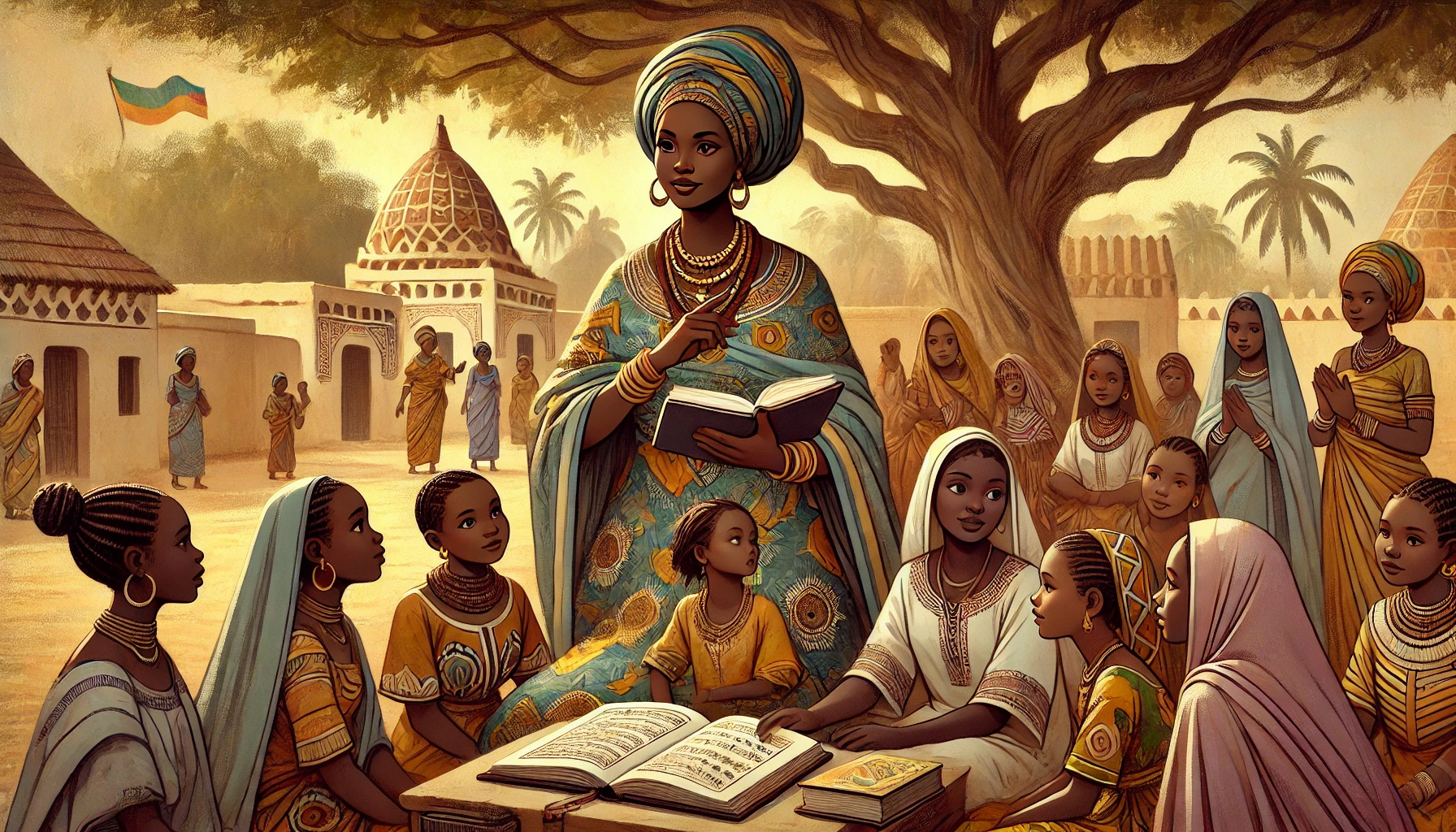
These women of independence were not just fighters; they were also the keepers of knowledge and culture that colonialism had sought to erase. Malian physician and activist Awa Keïta exemplified the dual vocation of African women in these movements: she fought for independence and for women’s education, which she saw as essential for society’s full liberation. For her, women’s emancipation was a fundamental pillar for Mali’s political and economic independence.
This internal and cultural revolution gave a spiritual depth to the independence movements. Women’s emancipation was more than a political goal; it was an acknowledgment of women’s importance in African history and culture, grounding collective consciousness in indigenous values that strengthened the movement.
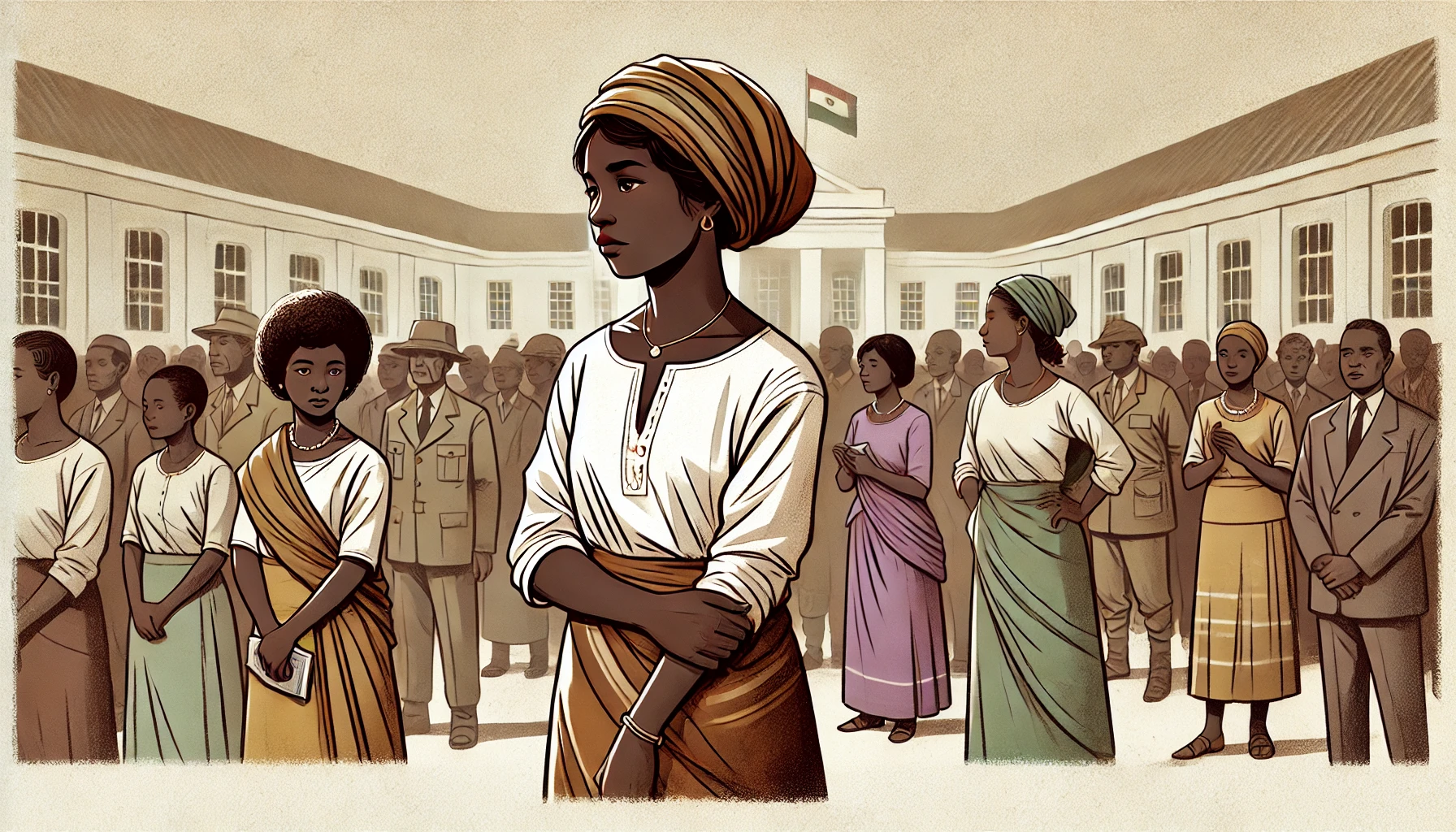
Ironically, at the dawn of independence, many of these women were pushed into the background. Once independence was achieved, their contributions were often overshadowed by male figures. Carmen Pereira in Guinea-Bissau was one of the few to remain in the political arena, attempting to keep the dream of equality alive. As an activist in PAIGC (African Party for the Independence of Guinea and Cape Verde) and an ally of Amílcar Cabral, she hoped to see Africa free from both external and internal domination.
These heroines of the fight for freedom did not merely resist oppressors; they also safeguarded against oblivion. Their legacy lives on in the ongoing struggles for women’s rights and equality, which serve as a reminder that the freedom gained must never be taken for granted.
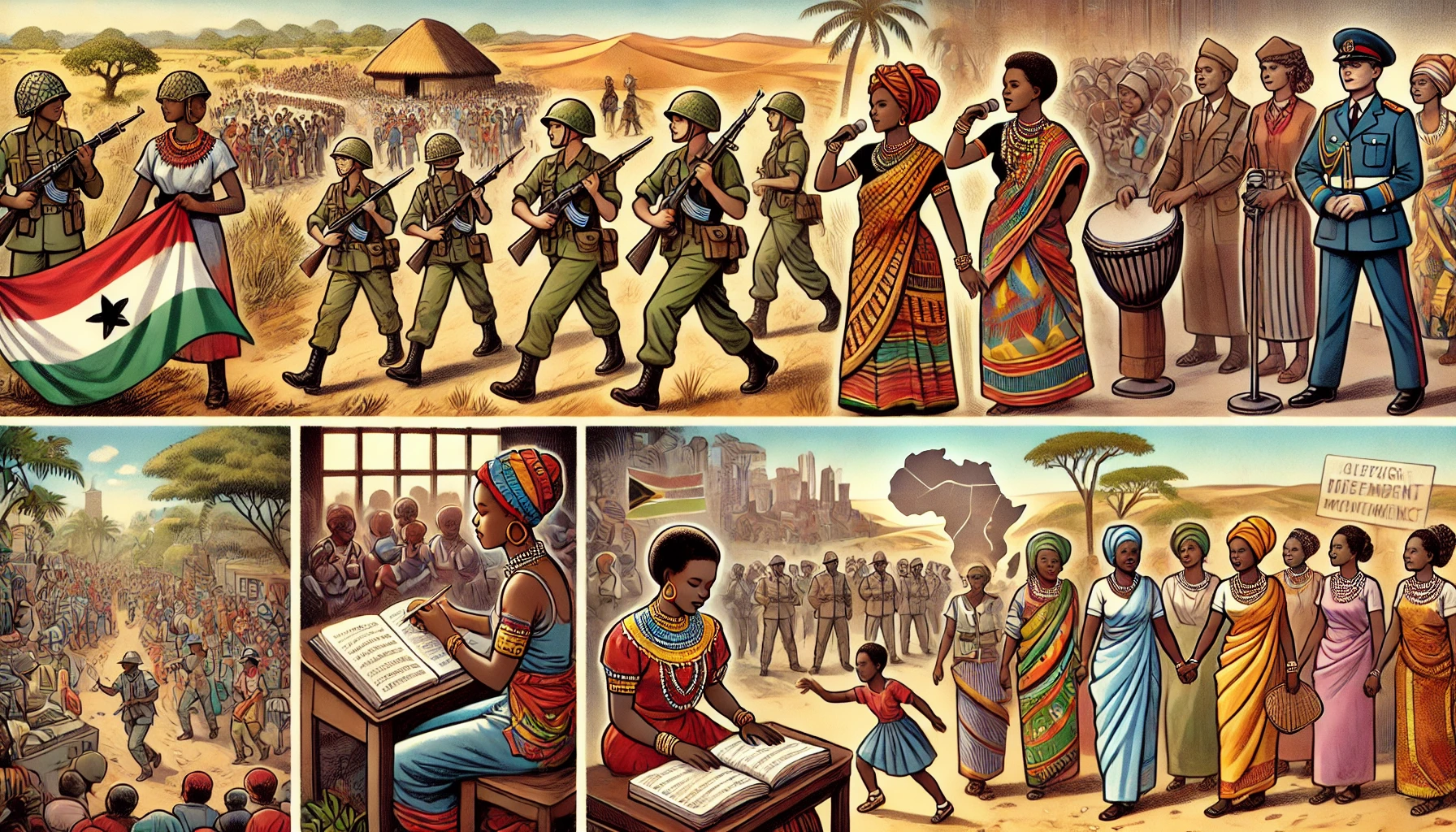
The women of African independence movements live on in each act of resistance, in every voice raised today for justice and equity. By weaving their stories together, we glimpse the threads of freedom they crafted for future generations. Posterity carries their memory as a testament to the revolutionary potential of collective action.
Their story is one of an Africa that, despite trials and erasure attempts, has never lost its soul or its potential to resist and rise anew. This journey sheds light on contemporary issues, reminding us that the battles for justice and equality inherit an ardent and enduring struggle—a torch that must never be allowed to go out.
Sommaire
Notes and references
- Kwame Nkrumah, Ghana, and Pan-Africanism: See Kwame Nkrumah, “Africa Must Unite,” an essential work for understanding the Pan-African vision of this leader and his influence on African liberation movements.
- Women’s Mobilization Networks: For more on the impact of figures like Hannah Kudjoe, see Jean Allman, “The Women of Asante: Activists and Advocates of Ghana’s Independence,” which explores the role of women in Ghana’s liberation politics.
- FRELIMO and Josina Machel: Refer to Alain Ricard, “Mozambique: Revolution and Independence,” which examines Josina’s role and FRELIMO in the fight against Portuguese colonialism.
- Awa Keïta and Female Emancipation in Mali: For more on Awa Keïta’s social and political contributions, see Marie-Aimée Hélie-Lucas, “Feminism and Nationalism in the Third World,” exploring the intersection of feminism and independence in West Africa.
- The Algerian War and the FLN: Assia Djebar’s “Femmes d’Alger dans leur appartement” revisits the journeys of FLN women, including Djamila Bouhired, and their resilience in the face of torture and wartime challenges.
- Carmen Pereira and PAIGC: To understand Carmen Pereira’s role and the importance of women in Guinea-Bissau’s struggle, see Amílcar Cabral, “Unity and Struggle,” where he explores the freedom struggles and female involvement.
